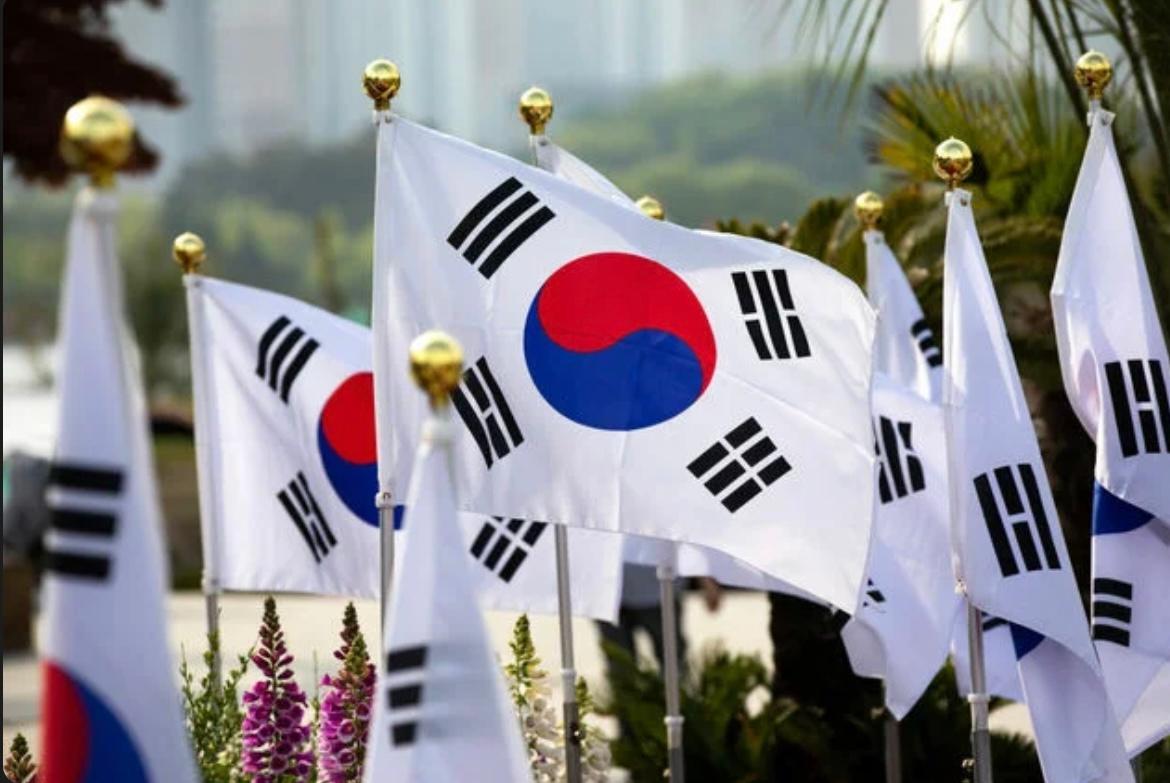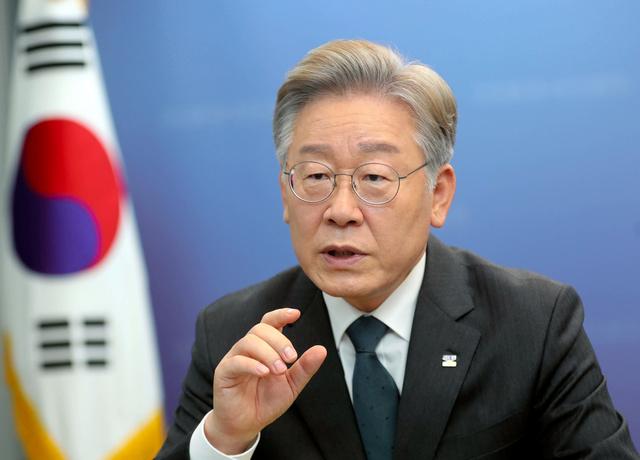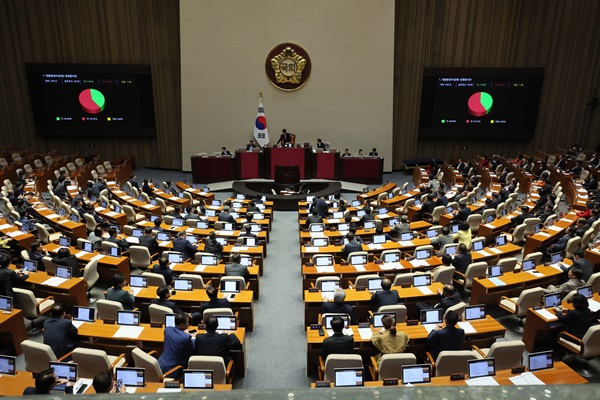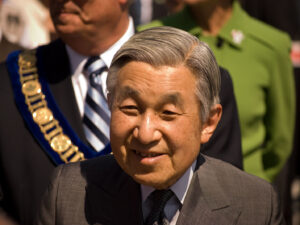Masatoshi Muto
Fukushima Treated Water and Political Plot
The opposition Democratic Party of Korea (hereinafter referred to as “DPJ”) routinely attacks opponents by spreading false and factual information for political purposes.
They concealed this at the time of the Moon administration, but now it has been exposed.
A recent example of hoax politics is the accusations against both the Japanese and South Korean governments regarding the release of Fukushima treated water. The DPJ has been insisting on the dangers of the release, ignoring the scientific facts that Japan has ensured the safety of the treated water before releasing it, that it is safe and that there is no concern about future effects on human health and the environment, and denying the assessment of the fair and neutral UN agency, the IAEA.
However, its purpose is a political plot to sabotage the improvement of relations between Japan and South Korea promoted by the South Korean government and ruling party and to criticize the Yun Seok-yue administration.
Yi Jae-myung, the leader of the main party, has personally led the opposition movement, holding a series of rallies outside the National Assembly, appealing to other countries about the dangers of the project, and conducting his own fasting activities. However, the number of participants in the first off-the-cuff rally was about 7,000 (note: what is considered a large-scale rally in Korea is at least 100,000 people), but the number of participants has been gradually decreasing, and the last rally was reportedly attended by about 2,000 people.
Also, there has been no significant change in the bustle of the seafood market, and the campaign against the discharge of treated water has not gained support at the national level
Representative Lee’s fasting activities are taking place from 10:00 a.m. to 10:00 p.m., but the rest of the time he seems to be holed up in his representative office in the National Assembly, and some cynics have suggested that he is eating his meals there. In any case, it would be medically questionable for a diabetic to fast for two weeks.
Lee Jae-myeong sought to postpone his first trial over the alleged development of the new city of Daejang-dong and Yeourei on the pretext of his reduced physical fitness due to fasting, and postponed the 15th of this month to the 6th of next month. This is the reason why he is cynical that his fasting activities may be for his own sake.
What Supported the Moon Administration’s High Approval Ratings
In July 2007, during the Moon Jae-in administration, Kim Hak-kyu, president of the Korea Real Estate Institute, was summoned by the Ministry of Land, Infrastructure, Transport, and Tourism and asked by then First Vice Minister Park Sung-ho to step down from his post as president. He said it was because he would not cooperate in falsifying condominium price statistics.
He was forced to announce that the rate of increase was lower than it actually was. The Ministry of Land, Infrastructure, Transport and Tourism was instructed by Cheong Wa Dae to “thoroughly manage the housing price ‘rate of increase.
According to the Audit Office, the Moon administration falsified statistics on housing prices, income, and employment for four years and five months, from June 2005, the month after Moon Jae-in took office, to November 2009, six months before he left office.
The falsified statistics were used to hide the failure of real estate policies and “income-led growth” policies. These policies were the core policies of the Moon administration, all of which were failures.
The Moon administration was generally supported by high approval ratings throughout its tenure, but this was due to the falsification of statistics to improve the image of the administration, and the Yun Seok-yue administration bears the brunt of the blame for this.
Korean “Political Struggle” Requires Caution
The politics of falsehoods was successful during the Lee Myung-bak presidency when he campaigned against the importation of mad cow disease-tainted U.S. beef.
Today, however, the public is beginning to realize that the DPJ excels at politics by hoax, and it has not won the public’s support. Still, when hoax politics through the spread of fake news takes place just before a major national-level election, there is a danger that even a small influence can make a big difference in the outcome.
South Korea will hold general elections for members of the National Assembly next April. The ruling Yun administration has an overwhelming minority in the National Assembly, and whether or not it can rectify such a situation will be key to future domestic reforms. For this reason, the political offensive between the ruling and opposition parties has already intensified.
The government and ruling parties are stepping up their criticism of the spread of fake news, cracking down on media outlets that spread fake news, and uncovering election fraud in order to prevent the national government from being adversely affected by the DPJ’s false politics. The conservative Chosun Ilbo newspaper has been reporting on the media’s efforts to manipulate public opinion.
Thus, the plotting of South Korea’s largest opposition party is now in the open.











